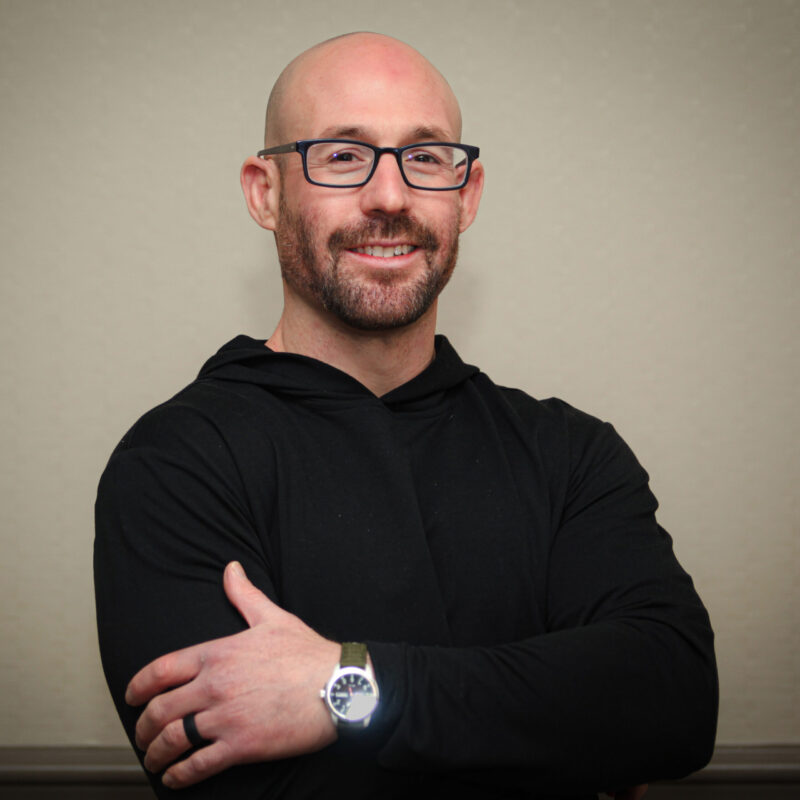How One Mom Built Life-Changing Tools for Her Autistic Son
FEATURED POSTS
February 16, 2026
Rachel Estes Leyk is a mother, businesswoman, coach, and advocate who delivers heartfelt and highly practical strategies for raising emotionally resilient, self-aware children. In this conversation, she opens up about a moment of crisis in her family that became the catalyst for her advocacy, which has led to helping others to do the same. Her upcoming book, Response-ABILITY: How the Need to Unlock a Child’s Ability to Respond Shapes the Way We Love, Care, Support, and Uplift, is available for pre-order and launches on January 18, 2026.

To view show notes, transcripts, and more visit https://www.allautismtalk.com/episodes/how-one-mom-built-life-changing-tools-for-her-autistic-son
LEARN Behavioral is a sponsor of All Autism Talk.















